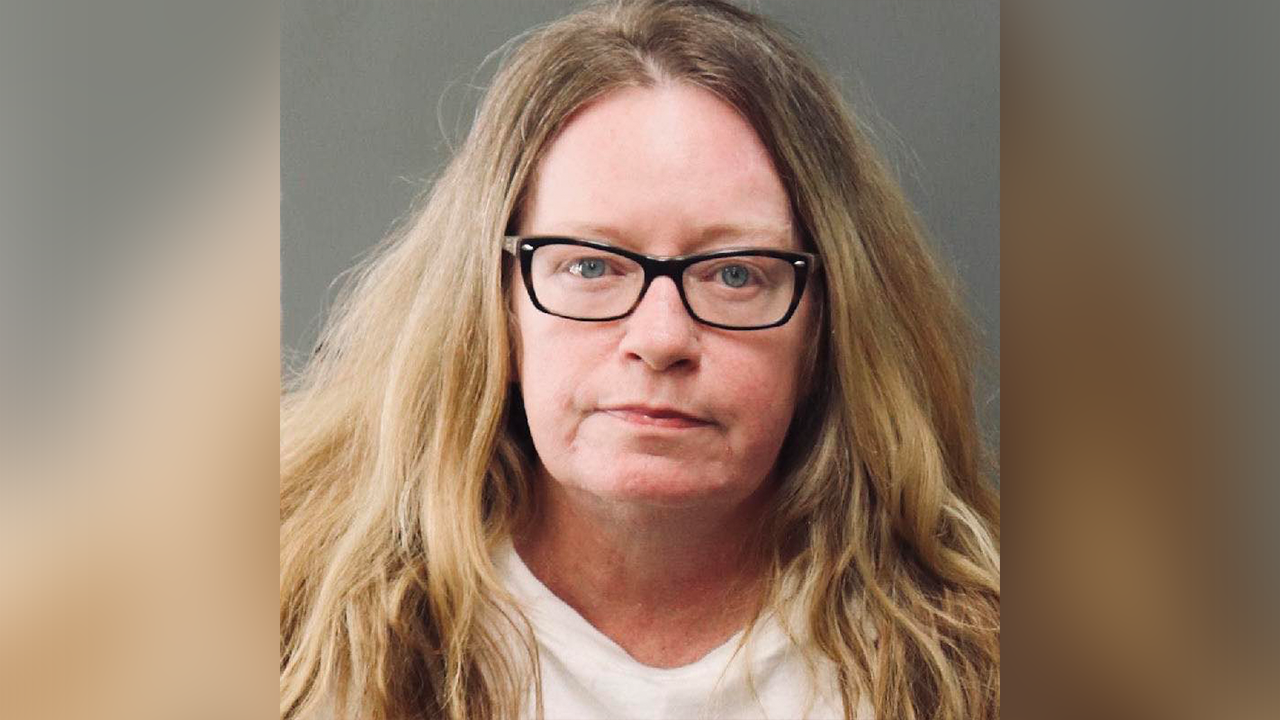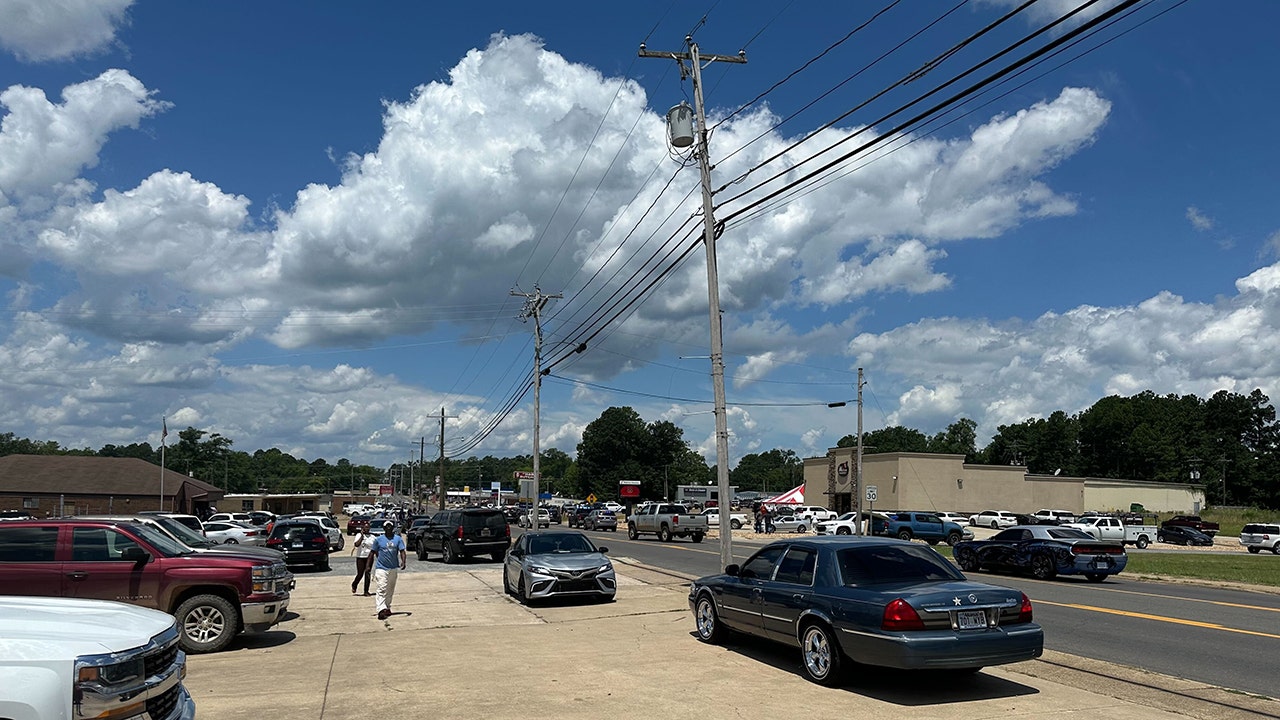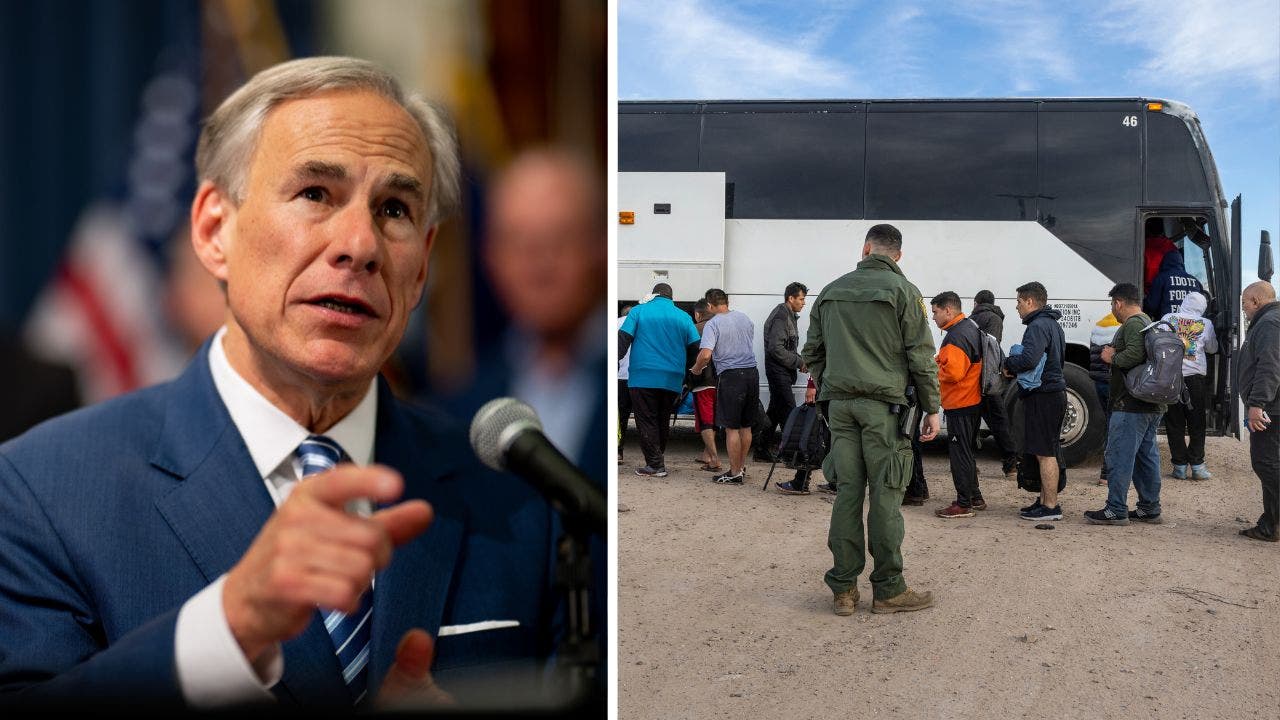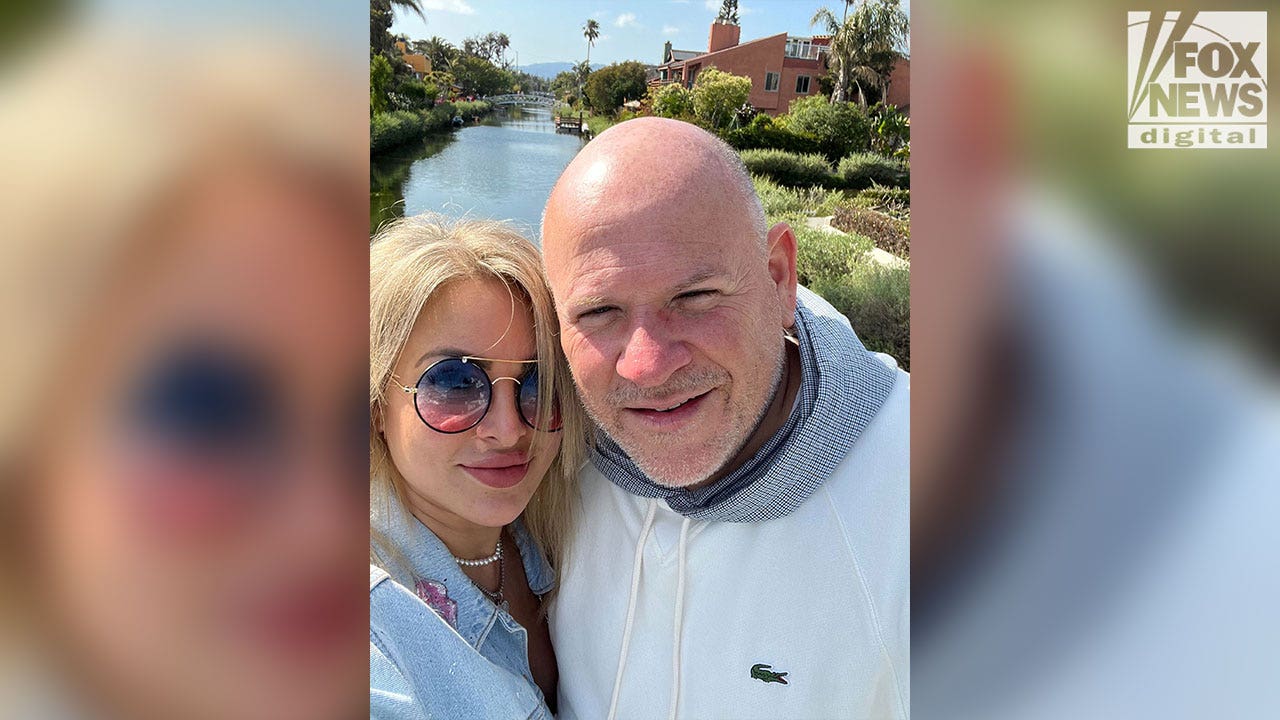Vice President Kamala Harris plans to meet with abortion providers and staff members on Thursday in the Twin Cities, a visit that is believed to be the first stop by a president or vice president to an abortion clinic.
The appearance at a health center will be the latest leg in a nationwide tour by Ms. Harris, who has emerged as the most outspoken defender of abortion rights in the administration. While White House officials say they have largely reached the limits of their power to protect abortion rights, the issue has emerged as a linchpin of their re-election strategy.
Ms. Harris plans on Thursday to tour the center with an abortion provider and highlight what the administration has done to try to preserve access to the procedure as conservative states enact growing restrictions.
Minnesota has become a haven for abortion seekers since the Supreme Court overturned Roe v. Wade, ushering in restrictive laws and bans in neighboring states. The Society of Family Planning, a health research organization, found that the average number of abortions in the state increased by about 36 percent in the year after the Supreme Court decision.
Last year, Gov. Tim Walz signed legislation enshrining abortion rights into state law, an effort to ensure the procedure remains legal no matter who takes office in the state. Ms. Harris will be joined on Thursday by Minnesota Democrats including Mr. Walz and Representative Betty McCollum.
The mere sight of a top Democratic official walking into an abortion clinic will offer the clearest illustration yet of how the politics of abortion rights have shifted for the party — and the nation.
For decades, many Democrats shied away from direct discussion of what their strategists believed was a divisive issue. Instead, a notable number focused on the complexities, embracing slogans like “safe, legal and rare” and joining Republicans to oppose taxpayer funding of the procedure through the Hyde Amendment.
But the Supreme Court’s decision overturning Roe v. Wade scrambled those old politics, creating an energized coalition of voters who helped Democrats win a series of federal and state races thanks to their support of abortion rights. Recent polling from KFF, a nonprofit group focused on health policy, found that one in five voters said abortion was the “most important issue” in their 2024 vote, and majorities supported a law guaranteeing a federal right to abortion.
President Biden’s campaign is leaning into abortion, running ads featuring the testimonials of women denied access to the procedure in conservative states and highlighting former President Donald J. Trump’s role in appointing three of the justices who voted to overturn Roe.
Mr. Biden has promised to restore federal abortion rights and preserve access to medication abortion, which faces new threats from a case set to be argued before the Supreme Court this month.
Those assurances represent a notable escalation on the issue from Mr. Biden, an observant Catholic who spent decades caught between with his religious opposition to the procedure and the policy of his party. He barely mentioned abortion rights during his 2020 campaign, a reflection of his discomfort with discussion of the issue and how little his strategists believed abortion energized swing voters.
This time, Mr. Biden has cast the issue as one of personal freedom and the right to make private health care decisions. But he has still expressed some uneasiness with the procedure itself, often avoiding uttering the word “abortion.” At his State of the Union address, his prepared remarks called for him to say “abortion,” in reference to a Texas woman who could not seek the procedure because of state law. Instead, he said that Texas had “banned her ability to act.”
Mr. Biden prefers to discuss the issue in terms of restoring Roe through congressional legislation. Legislation codifying federal abortion rights would have little chance of passage, given the narrow Democratic majority in the Senate and disagreements within the president’s own party over the scope of such a bill.
Ms. Harris has taken a far more assertive approach. She has visited five states on a tour to talk about abortion rights and has cast the proliferation of anti-abortion laws in Republican states as a “health care crisis” for women.
Reid J. Epstein contributed reporting.






